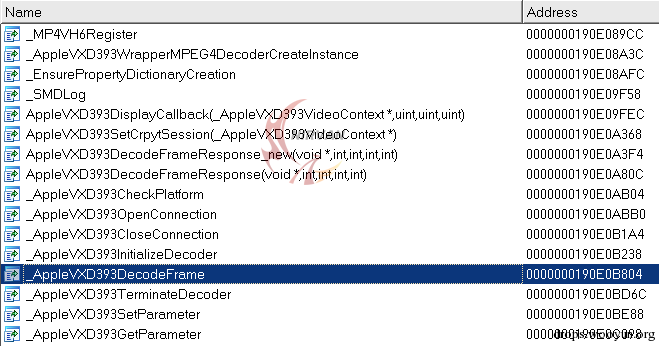

GREP_COLOR='1 32' grep -color=always 'vivek' /etc/passwd GREP_COLOR='1 35' grep -color=always 'vivek' /etc/passwd For example, the GREP_COLOR environment variable and the grep -color=always can be used as follows: In conclusion, the -color option increase readability.
#Grep binary file matches download#
Here is a sample shell script that fetches the Linux kernel download urls: $ grep -C 4 -B 5 -A 6 -color 'error-code' /var/log/httpd/access_log We can combine those two options to get most meaningful outputs: # Display 4 lines after dropped word matched in firewall log file # Similarly, display the lines after your matches by passing the -A to the grep: Want to see the lines before your matches? Try passing the -B to the grep: $ grep -v '^root' /etc/passwd Display lines before and after the match

For example print all line that do not contain the word bar: You can use -v option to print inverts the match that is, it matches only those lines that do not contain the given word.

Pass the -n option to precede each line of output with the number of the line in the text file from which it was obtained: The grep can report the number of times that the pattern has been matched for each file using -c (count) option: $ grep -r -i 'main' ~/projects/ How can I count line when words has been matched In this example, I am going to include all subdirectories in a search: For example, when I search for ‘bar’, match ‘BAR’, ‘Bar’, ‘BaR’ and so on: We can force grep to ignore case distinctions in patterns and data. $ egrep -w 'word1|word2' /path/to/file Ignore case Do not use the following deprecated syntax: The -E option turns on extend regular expressions.
#Grep binary file matches how to#
$ grep -w "boo" file How to use grep to search 2 different words You can force the grep command to select only those lines containing matches that form whole words i.e. When you search for boo, grep will match fooboo, boo123, barfoo35 and more. The inclusion of the file names in the output data can be suppressed by using the -h option as follows:Īddresses1=192.168.1.5 24 192.168.1.2 How to use grep to search words only You will see result for 192.168.1.5 on a separate line preceded by the name of the file (such as /etc/ppp/options) in which it was found. read all files under each directory for a string “192.168.1.5” $ cat /etc/passwd | grep -i "boo" How to use grep recursively The last grep -i "boo" /etc/passwd can run as follows using the cat command too: For instance, type the following command: You can force grep to ignore word case i.e match boo, Boo, BOO and all other combination with the -i option. Hence pass the -w option with the grep/fgrep command to get only lines where “California” is included as a whole word: Please note that the above command also returns lines where “California” is part of other words, such as “Californication” or “Californian”. For example, to list all the lines of a file named address.txt in the current directory that contain the word “California”, run: We can use fgrep/grep to find all the lines of a file that contain a particular word. Search the /etc/passswd file for a user named ‘boo’, enter: Grep -F words file How do I use grep to search a file on Linux? grep -F 'word-to-search' file.txtĬat otherfile | grep 'something' command | grep 'something' command option1 | grep 'data' grep -color 'data' fileName # Interpret PATTERNS as fixed strings, not regular expressions (regex) when fgrep used. Let us see all commands and options in details.



 0 kommentar(er)
0 kommentar(er)
